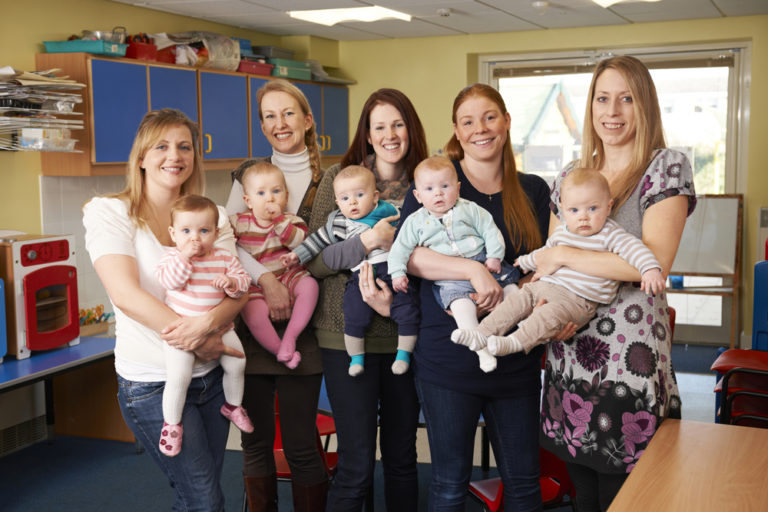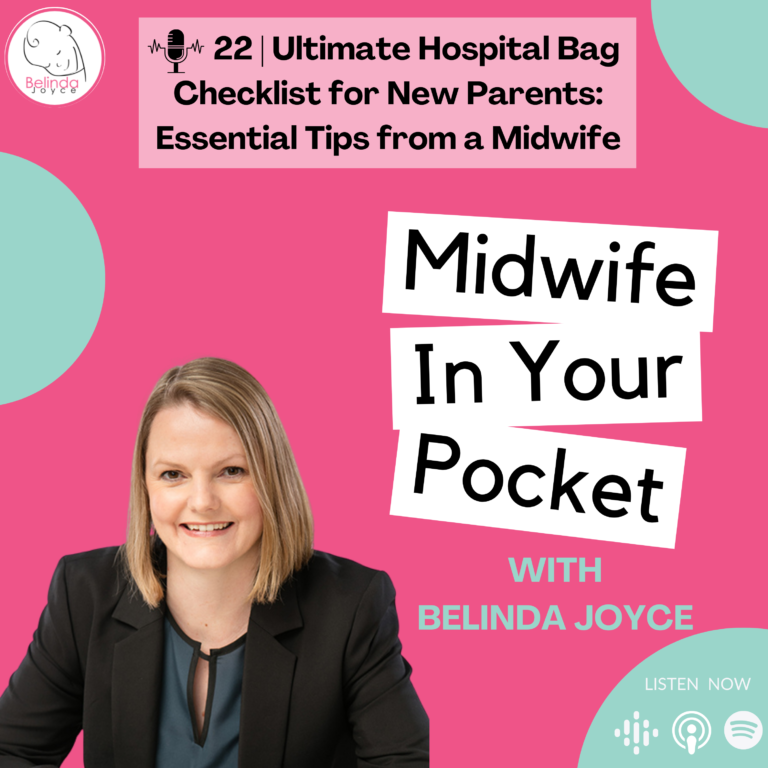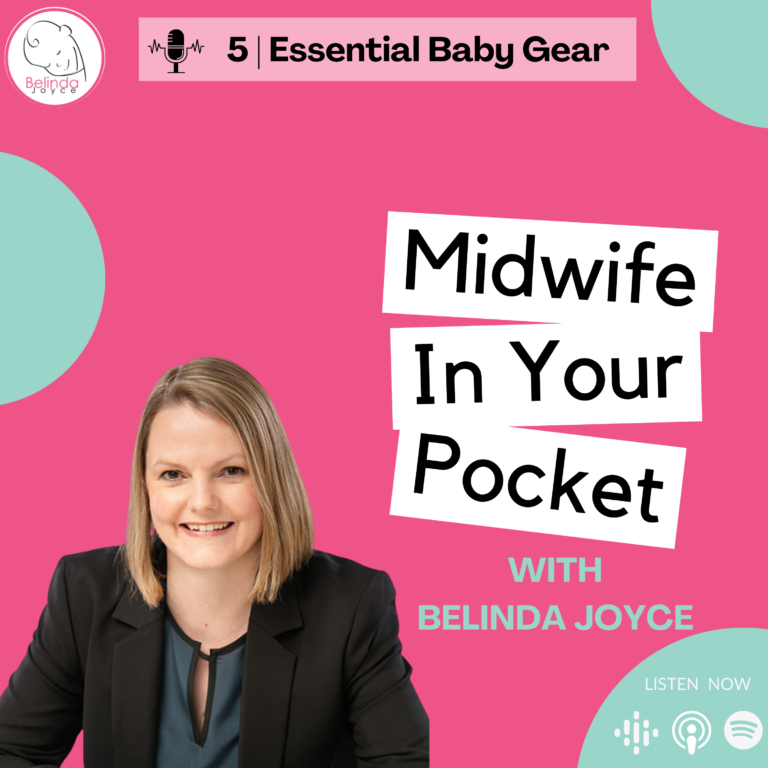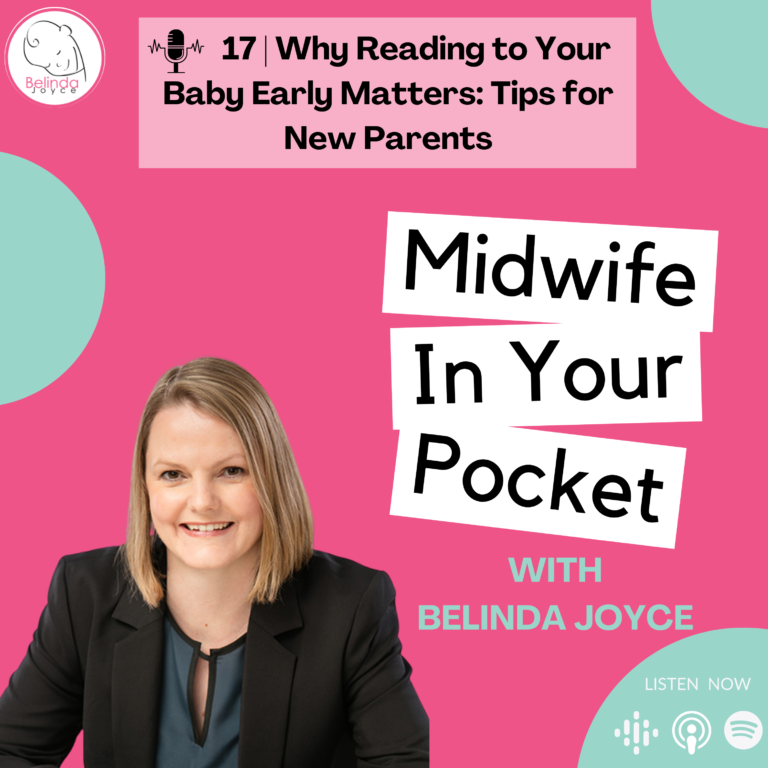How to soothe your crying baby
All babies cry, it is your baby’s most effective form of communication and for many parents a crying baby is the most difficult part of early parenting. When I had my first baby the best piece of parenting advice I got from a very dear friend was that babies cry, that’s just what they do and just because my baby was crying a lot it wasn’t because I was doing anything wrong. To be honest at the time I felt like a failure and this new ‘parenting thing’ was not feeling like the baby commercials on TV had led me to believe at all!

In the early weeks and month’s you are still getting to know your baby so it is important to go to them when they are distressed and crying to check what they need. You can’t spoil your baby by attending to them promptly, in fact your baby is not necessarily crying to make you come, he may be crying because he has a problem. If you can solve the problem for him or just be there to offer support he will learn to cope in difficult times.
It has been well documented that newborn babies cry a little more each day and will most likely peak at around 6-8 weeks of age with many hours of inconsolable crying each day, often in the evening when parents are also tired. Many well-meaning friends and family will tell you that you will get to know your baby’s cries, but in the early weeks much of the crying is inconsolable and the baby will often sound distressed with every cry, and a strategy to soothe your baby that works one day may not work the next. If you are at all concerned see you doctor for a thorough check of your baby to rule out any medical cause.
DISCOVER HOW TO SURVIVE & ENJOY YOUR BABY!
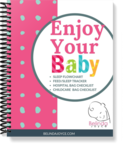 The pack is full of checklists and printables to help you improve sleep challenges with our flowchart, decide what to take to hospital, what equipment is essential, what to put in your nappy bag and so much more
The pack is full of checklists and printables to help you improve sleep challenges with our flowchart, decide what to take to hospital, what equipment is essential, what to put in your nappy bag and so much more

Experts are unable to determine a cause for this crying, however it appears to be a normal part of development and it is reassuring to know that your baby is normal if he is following this pattern. If only more parents were told about this, as just knowing that it is normal can make it easier to cope with.
Know that this time will pass and that you just have to get through it. Some babies have a more demanding temperament than others but most babies will be crying much less by 3 months of age. By this age you are more likely to know why your baby is crying, this is partly because your own confidence has grown as you have gotten to know your baby better and partly because the cries will be less often and different, not just a distressed cry every time.
Most parents find they really start to enjoy parenting much more when they can figure out why their baby is crying, and by addressing the reason, stop them crying.
Possible reasons for crying:
1. Hunger
Offer a feed, breast or bottle.
2. Wants to suck
If fed recently offer a dummy or babies own fingers
3. Needs comfort and closeness from parent
Pick up baby and cuddle, try rhythmic patting, rocking, shushing noises
4. Uncomfortable
Too hot or cold, change position, clothing
5. Tired or overtired
Try to get to sleep, may need rocking/feeding to assist
6. Dirty nappy or nappy rash
Check nappy, change and apply a nappy barrier cream
7. Wind or digestive pain or discomfort in the tummy
Try gentle tummy massage, cycle legs, cuddle as your warm body acts as a heat pack to baby’s tummy
8. Needs to burp
Lift into upright position over shoulder or sitting up on your lap, gently pat and rub back.
9. Overstimulated by visitors, TV, loud noises
Reduce stimulation, dim lighting, quiet noises, TV off.
10. Teething
Gently rub gums, check for inflamed area.
11. Illness, fever or feeling miserable
See GP or Emergency Department if serious.
12. Parent is distressed or angry/upset
Time Out Strategy:
Ask for help, pass your baby back and forth between parents. If you’re home alone, place your baby into the cot and take a short break, make a cup of tea, step outside for some fresh air, phone a friend, take 3 deep breaths, this will make your body calm a little. When you go back to your baby they will probably still be crying but you will be more able to cope with the crying.

IF DISTRESSED:
Never shake your baby this can cause irreversible brain damage as the brain bounces around in the skull. If you are feeling frustrated, angry or overwhelmed please ask for help from family, friends or health professionals. New parents sometimes find it difficult to manage their emotions especially when feeling over whelmed and sleep deprived.
Many parents I speak to are shocked when I mention that they may have these strong emotions and that I myself have felt completely overwhelmed in the early weeks with 3 out of my 4 babies! My husband often comments on the mental and emotional strain he faced particularly with our second child who would rarely settle for him. He recalls with great disappointment, pacing the room with our crying son as his frustration would build. He would place the baby in the cot and storm away furious not just at our son but also at himself. Talking with your partner about these feelings can help you feel better, you are not alone.
Please consider the ‘Time out’ strategy for your own wellbeing as much as for the child.
This time will pass, it can be extremely challenging though.
Please ask for help and remember it is not your fault, you’re not doing anything wrong as a new parent.
Download my FREE Enjoy Your Baby Bundle of resources, including:
- Checklists for baby equipment, hospital bag, nappy bag, travel & childcare bag
- Newborn Sleep Flowchart-what to do next
- Baby Feed & Sleep Tracker
- and more
See ‘Helpful resources’ for more support.

